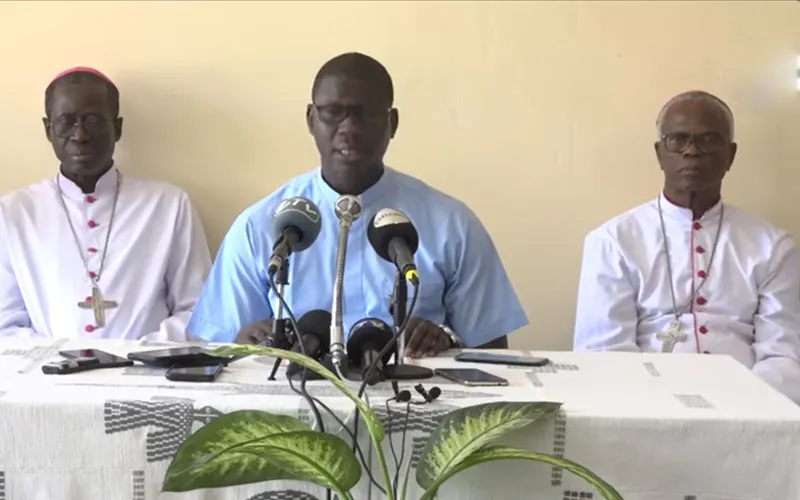Earlier this month, two Senegalese opposition coalitions, which have joined forces in preparation for the July polls, said they intend to be the majority in the parliament against President Macky Sall’s ruling party and prevent him from running for a third term.
Weeks ago, the Wallu Senegal (Save Senegal in Wolof) coalition led by former President Abdoulaye Wade concluded an alliance with Yewwi Askan Wi ("Let's free the people"), led by the embattled Ousmane Sonko.
The July 31 elections are meant to renew the 150 seats for members of parliament. The current Assembly is largely dominated by the President Sall's ruling coalition.
The July legislative elections follow local elections in March, won by the opposition in several major cities such as Dakar, Ziguinchor in the South, and Thies in the West.
In the Catholic Bishops’ collective statement issued following their June 7-10 ordinary session, the Church leaders in Senegal also expressed concern about “the phenomenon of the resurgence of violence in the country, the political tension, the excesses noted on social media and the questions raised about homosexuality in recent times.”
“We once again bow to the memory of the eleven babies who died accidentally a few weeks ago in the nursery of the Mame Abdou Aziz SY Dabakh hospital in Tivaouane,” Catholic Bishops in Senegal says, and add, “We pray that God will bring comfort and consolation to the grieving families.”
Faced with the resurgence of violence, the Catholic Church leaders urge public authorities “to spare no effort to guarantee the security of people and property.”
They also invite all citizens “to return to values, especially respect for human life, the promotion of the common good and peace.”
The Catholic Bishops reiterate the constant position of the Church on the subject of homosexuality saying, “We do not pass judgment on people. We are for the respect of the physical integrity of individuals.”
“We denounce any initiative to legalize homosexuality that is not in conformity with our traditional values, much less with our Christian religious beliefs,” they add.








